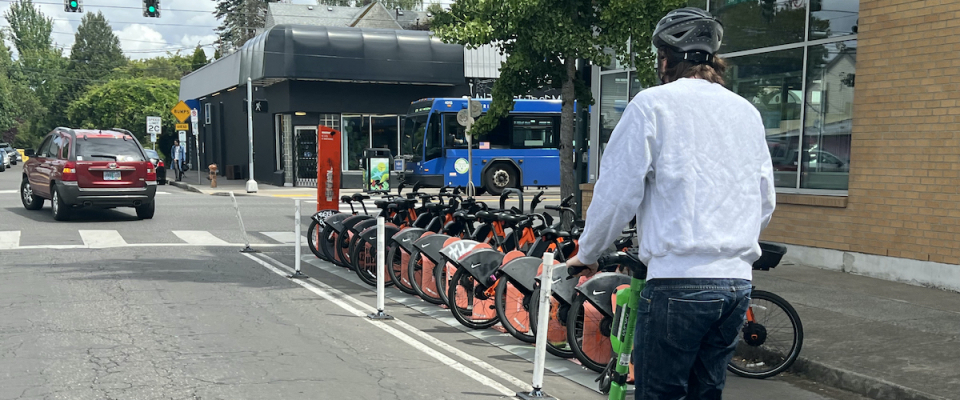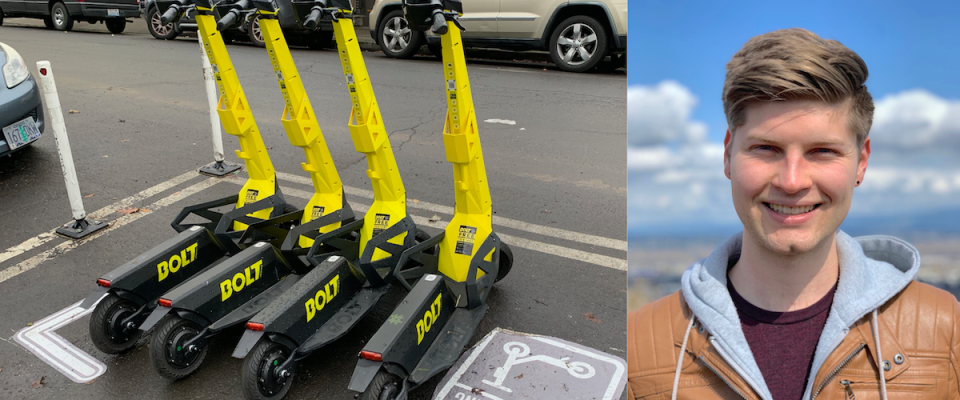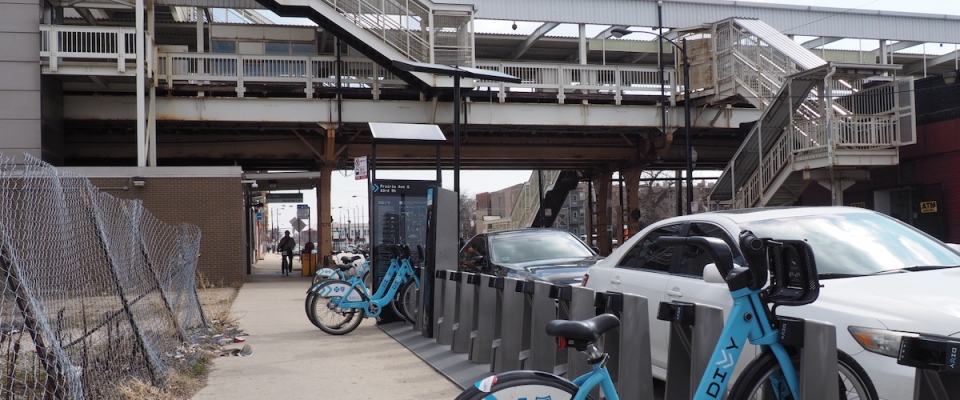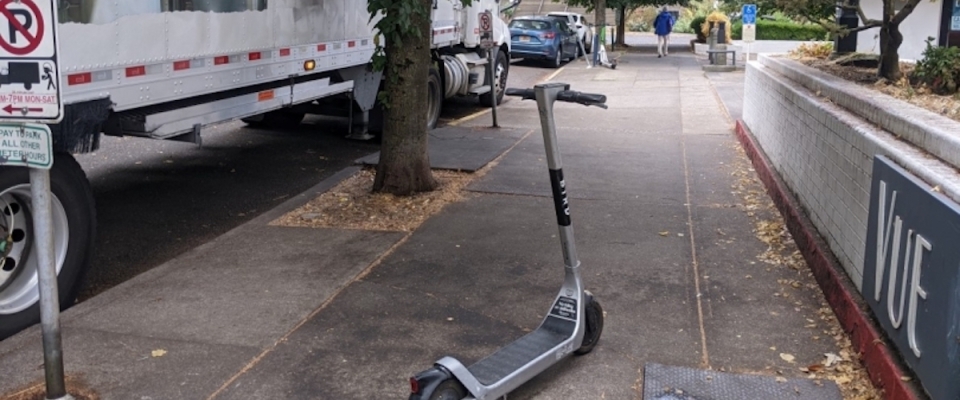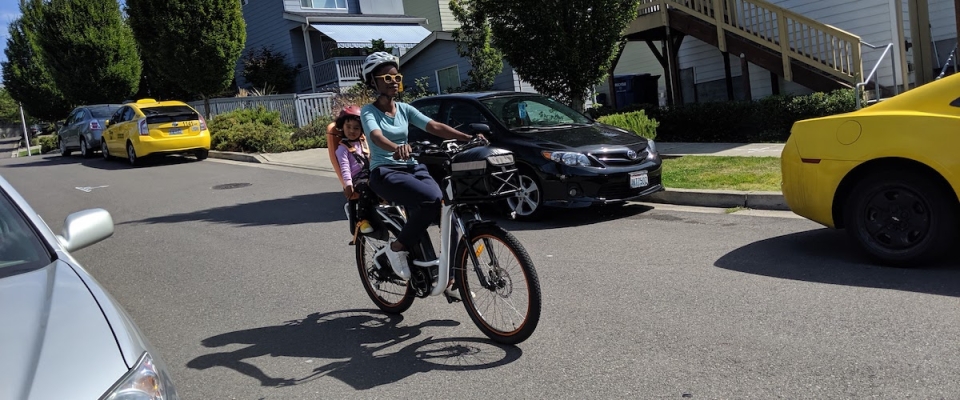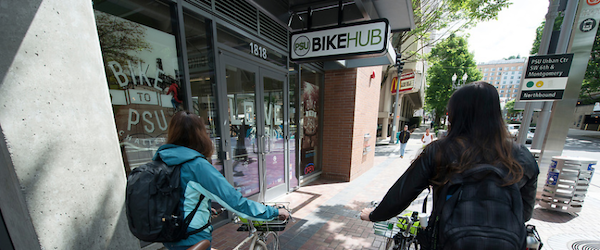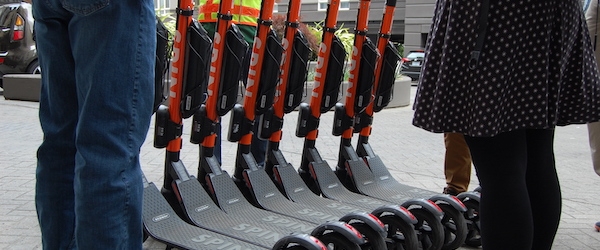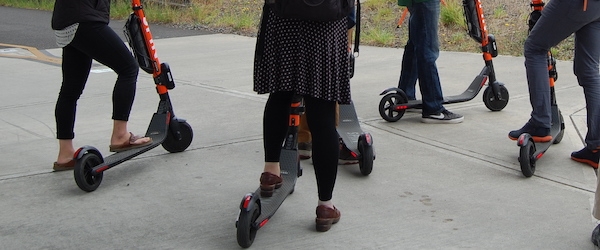Shared micromobility (including shared electric scooters and bikes provided by private companies) is one of the newest transportation options that has come to cities in the last several decades. A new report explores the different ways cities charge shared micromobility companies to operate, and how these funds are used.
In the newly released report, John MacArthur of Portland State University, Kevin Fang of Sonoma State University and Calvin Thigpen of Lime examine data from 120 cities in 16 countries around the world. They also conducted a survey of cities’ shared micromobility program managers, with responses representing 33 jurisdictions in North America.
Download the report: "Taxing shared micromobility: assessing the global landscape of fees and taxes and their implications for cities, riders, and operators (PDF)"
Read more"This study builds our understanding of a topic that is near and dear to the hearts of cities, riders, and micromobility operators: how to run a system that is affordable for riders while also remaining financially sustainable for micromobility operators. In the last 6 months alone, the industry has seen substantial upheaval...

